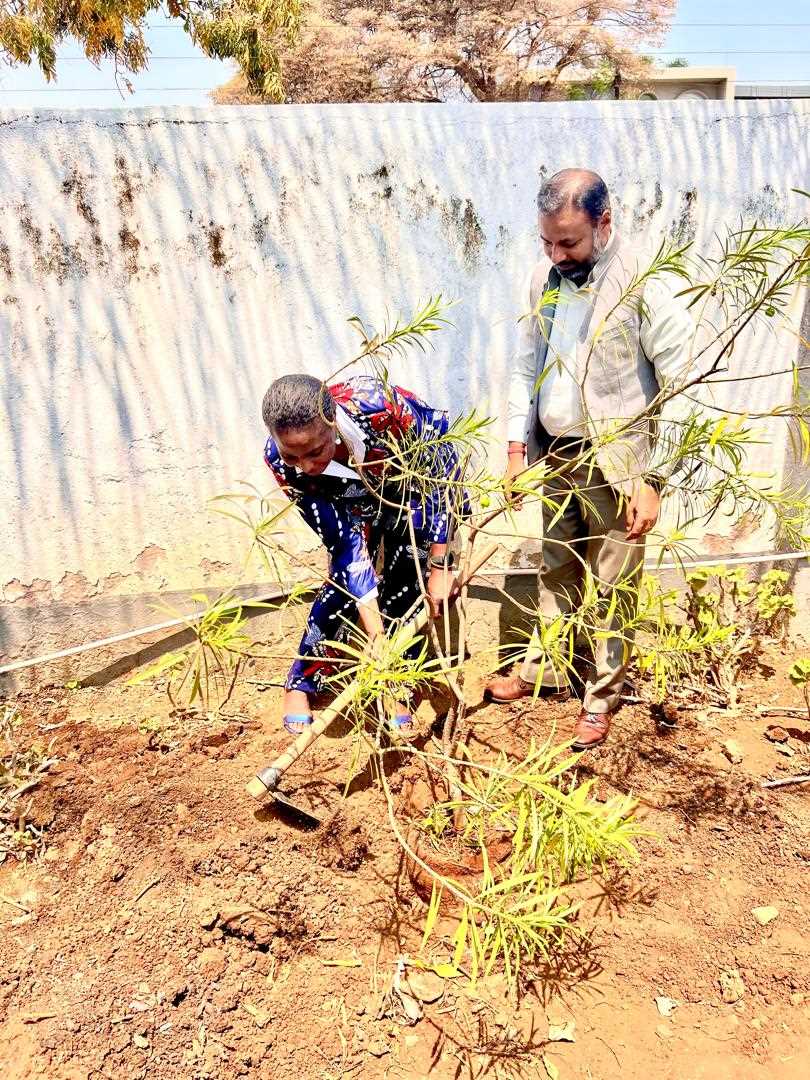
Zim Now Managing Editor Monica Cheru recently had the privilege of joining India’s new ambassador to Zimbabwe, Bramha Kumar in a tree planting ceremony to kick off of the observance of the Swachhta Hi Seva Hai 2024 (Cleanliness is the Service) period which runs from September 17 to October 2. She then sat for an in-depth interview about the future of India-Zimbabwe relations. Ambassador Kumar, who has a deep understanding of international diplomacy, assumes his new role with the goal of strengthening economic ties, fostering development, and increasing investment opportunities between the two countries. We explore the ambassador’s vision for his tenure, discussing key areas of cooperation and upcoming initiatives.
Monica Cheru (MC): Ambassador Kumar, welcome to Zimbabwe. What are your initial impressions of the country, and how do you see India-Zimbabwe relations at the moment?
Ambassador Bramha Kumar (BK): Thank you, Monica. I’m honored to be here and have already felt the warmth and hospitality of the Zimbabwean people. India and Zimbabwe have shared a long history of close relations, dating back to our support for Zimbabwe’s independence and even further to the Munhumutapa Kingdom. Over the years, our ties have only grown stronger, with India being a key partner in Zimbabwe’s development and vice versa. Today, we cooperate closely in multilateral fora such as the United Nations, the Non-Aligned Movement (NAM), and the World Trade Organization (WTO), and we are strong advocates of South-South Cooperation.
MC India has played a significant role in Zimbabwe’s development. What plans do you have for further strengthening the already friendly relations between our two countries?
BK: Zimbabwe is currently undergoing restructuring, and India is keen to support these efforts. One key area is infrastructure. The recently completed Deka Pumping and River Water Intake System, funded by a line of credit from India, is a good example of what we can achieve together. We are also excited about the potential of the Memorandum of Understanding between RITES and the National Railways of Zimbabwe (NRZ), which will boost rail connectivity and help enhance trade between our two nations.
Another important pillar is capacity building. India has been providing training opportunities across civilian and defense domains for Zimbabwean professionals. We’ve also upgraded 17 Indo-Zim Technology Centres to provide cutting-edge skills to Zimbabwean youth. These centers play a crucial role in technical education and skills development. On top of that, we offer scholarships under the Indian Technical and Economic Cooperation (ITEC) program, which allows hundreds of Zimbabwean students to study in India.
MC It’s great to hear about the focus on infrastructure and education. India has already made substantial investments in Zimbabwe. Can you tell us about any new investments we can expect in the near future?
BK: Yes, Indian private sector investment in Zimbabwe currently amounts to around USD 600 million across sectors like food processing, beverages, mining, and textiles. This has created thousands of jobs. Moving forward, we are particularly excited about a major agreement that Jindal Steel and Power signed with ZESA Holdings. This multi-billion investment will increase electricity production at Hwange Power Station by 2,000 megawatts, contributing to Zimbabwe’s energy security.
We are also exploring new avenues in pharmaceuticals, healthcare, minerals, and the ICT sector. For example, we are encouraging Indian businesses to partner with local Zimbabwean firms to modernize the mining sector and provide much-needed training and capacity building.
MC: Speaking of sectors for cooperation, are there any new areas where India and Zimbabwe can further engage?
Related Stories
BK: Absolutely. During the Joint Trade Committee meeting in May 2024, we identified several promising areas for future cooperation. We are looking at strengthening ties in pharmaceuticals and healthcare, particularly with the development of an institutional framework for drug manufacturing in Zimbabwe. The mining sector is another important area, where we hope to engage in training and capacity-building initiatives, especially in the diamond sector.
Additionally, India is exploring collaborations in the textile and fashion industries to promote employment generation and support the development of MSMEs (micro, small, and medium enterprises). The potential for rural craft and geospatial technology collaborations is also being discussed. We’re aiming to bring innovative, tech-based solutions to Zimbabwe’s development challenges.
MC India has been a strong supporter of Zimbabwe during crises, particularly during the COVID-19 pandemic. How do you see India’s role in helping Zimbabwe with future challenges, particularly those related to climate change and food security?
BK: India has always stood by Zimbabwe in times of need, and we will continue to do so. During the COVID-19 pandemic, India donated 75,000 doses of Covaxin and provided 10 ambulances, among other critical support. In response to Zimbabwe’s food security challenges, India has been providing rice donations, including 1,000 metric tons this year alone. We’ve also supported **climate-resilient agriculture** with a US$ 1 million project in Chiredzi and Mangwe.
Going forward, India is eager to collaborate with Zimbabwe on disaster risk resilience particularly through the Coalition for Disaster Resilient Infrastructure (CDRI). We will also continue sharing our expertise and best practices in climate change adaptation and sustainable agriculture.
MC That sounds like a comprehensive approach. Lastly, you mentioned the importance of cultural ties. Do you have any plans to strengthen people-to-people connections between India and Zimbabwe?
BK: Yes, cultural diplomacy is a vital component of our relationship. We’re proud to see the number of Zimbabwean students in Indian universities growing—about 5,000 students are currently enrolled in India. We want to continue offering scholarships and training programs, including customized courses like the one for Zimbabwean police officers in Public Order Management.
Sports also play a role in strengthening our cultural ties. Recently, the **Indian cricket team visited Zimbabwe** for a T20 series, and we are looking forward to more such exchanges in the future.
MC Ambassador Kumar, thank you so much for sharing your insights with us. We look forward to seeing the positive developments between India and Zimbabwe during your tenure.
BK: Thank you, Monica It’s an exciting time for our two countries, and I am optimistic that together we will continue to build on the strong foundation of our relationship.
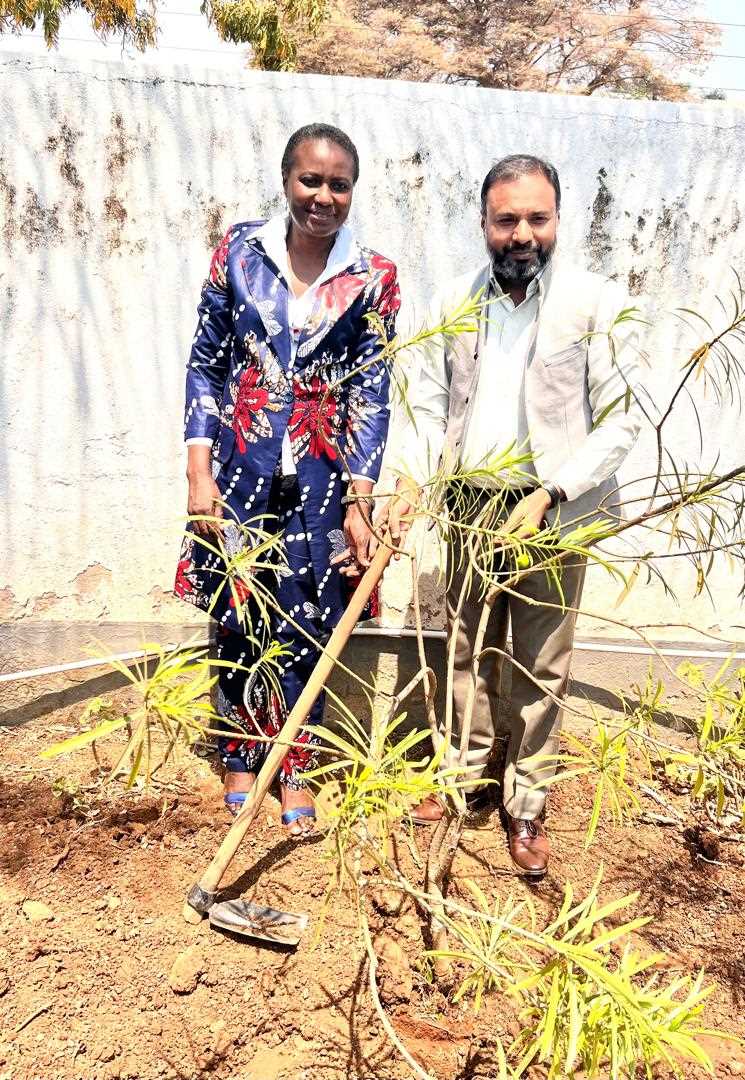
Zim Now will continue to follow developments between India and Zimbabwe, particularly in areas of investment, infrastructure, and people-to-people relations, as the Ambassador's tenure unfolds.










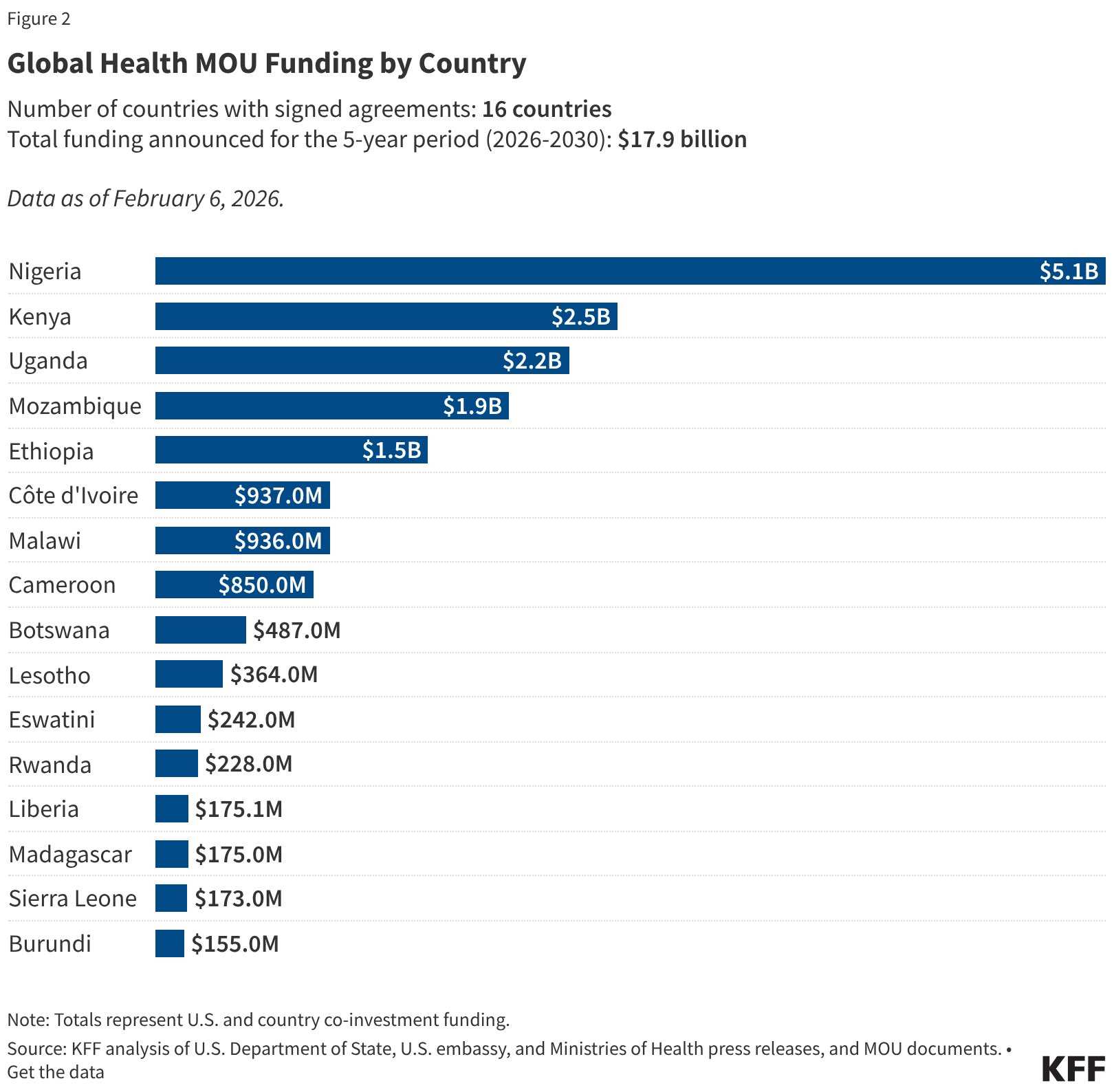
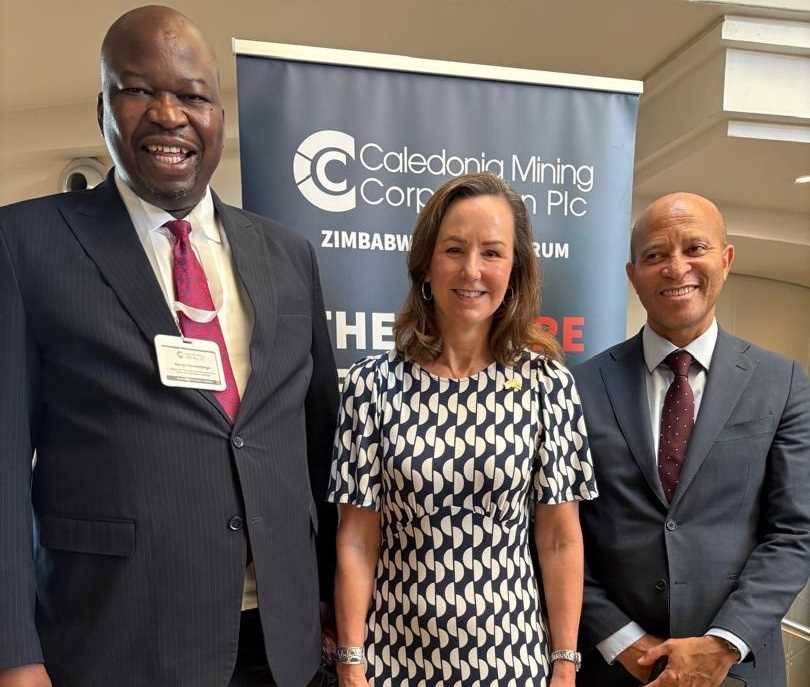
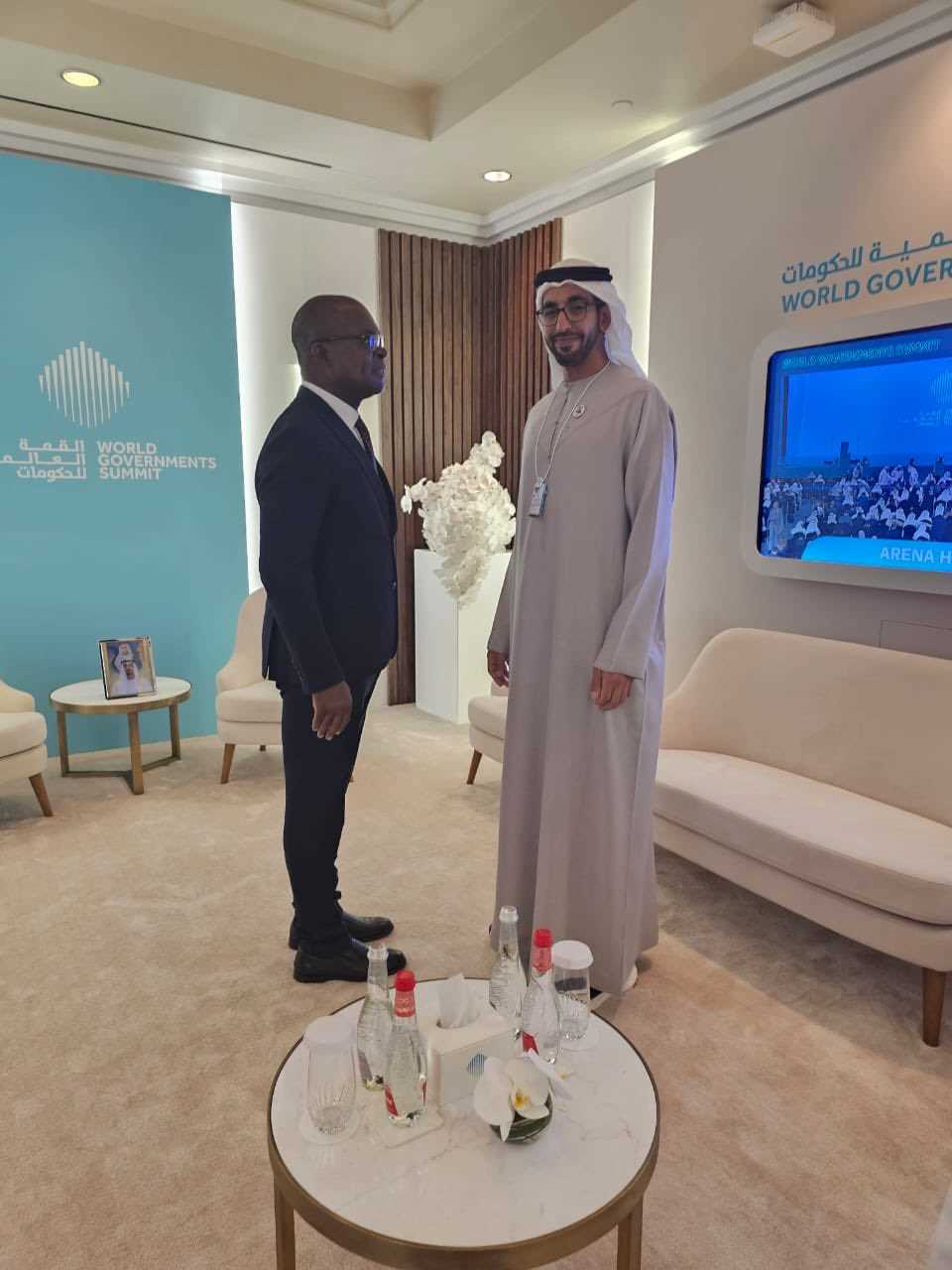




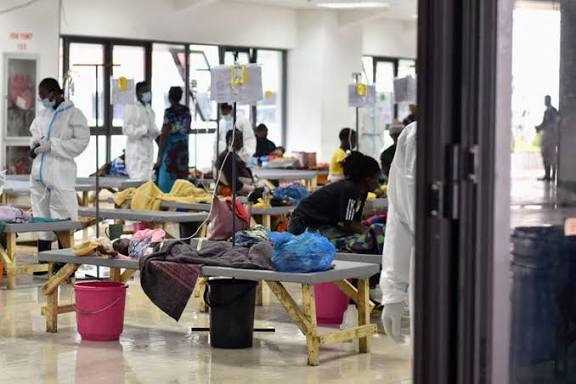


Leave Comments